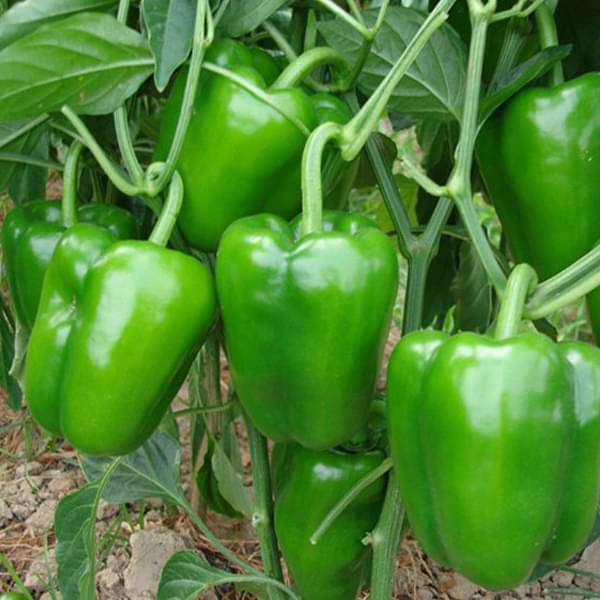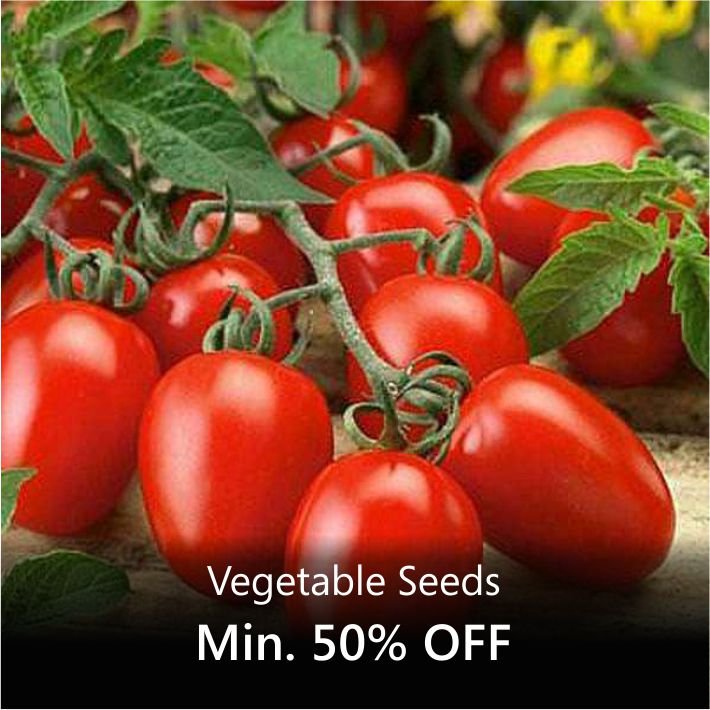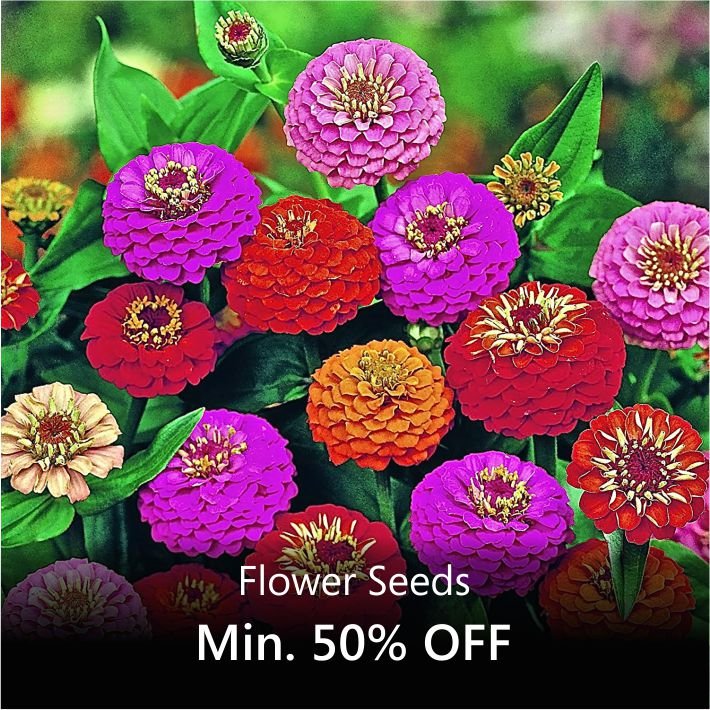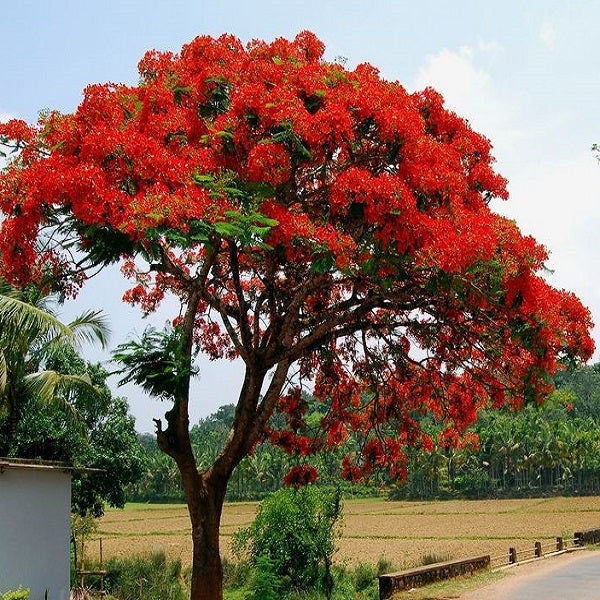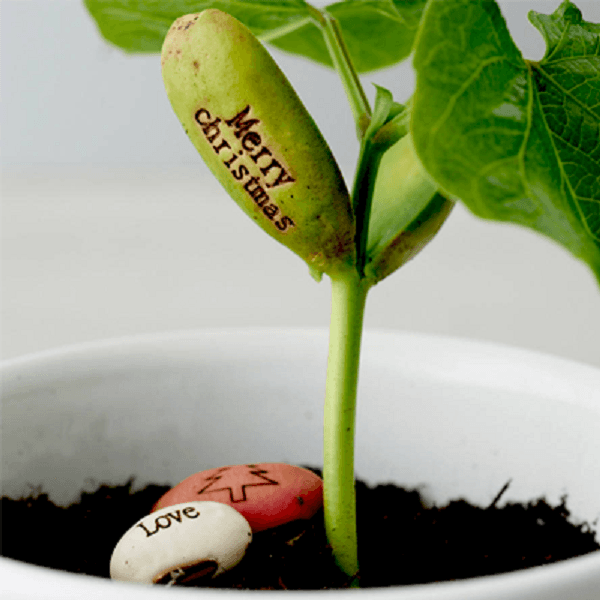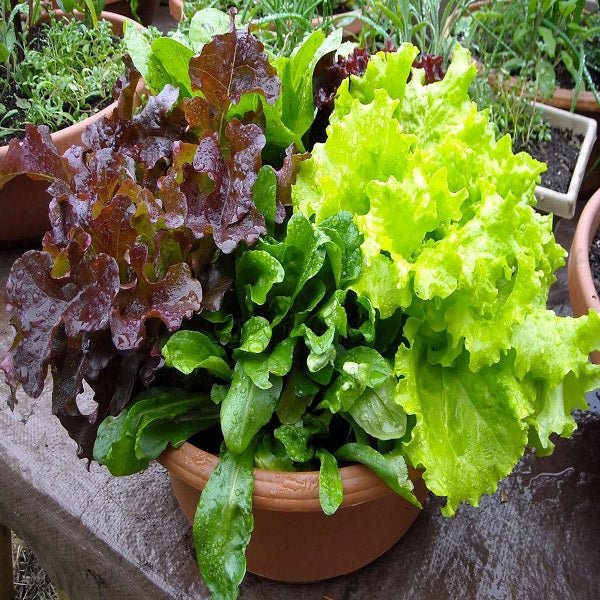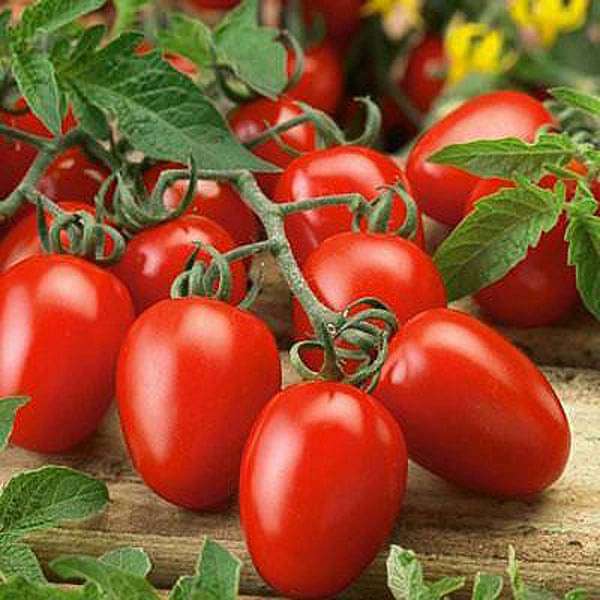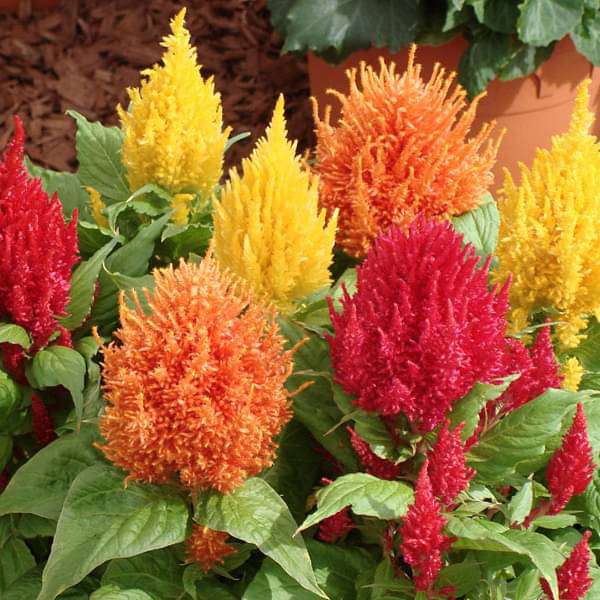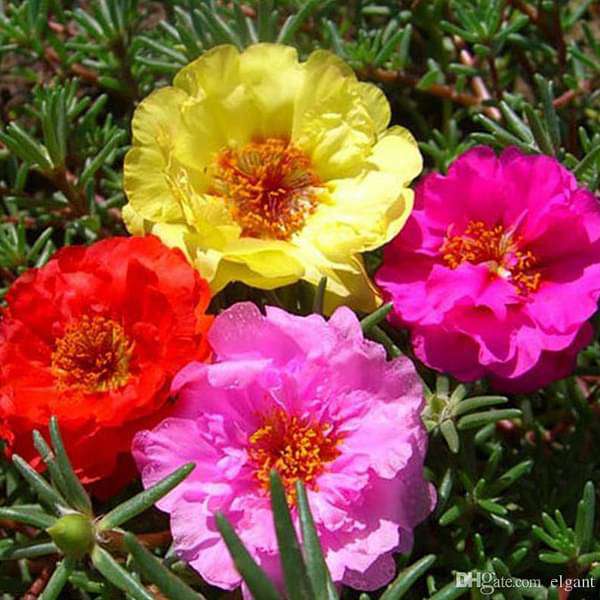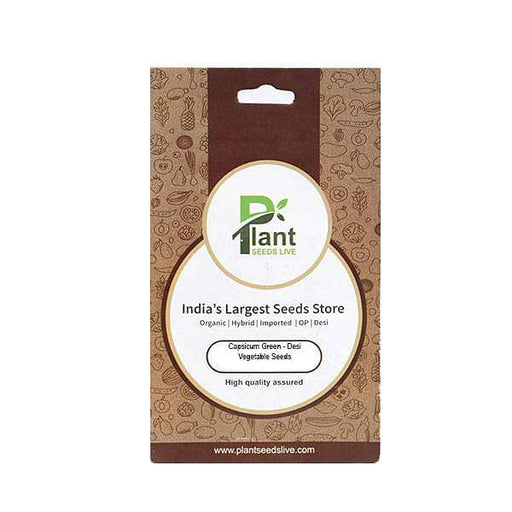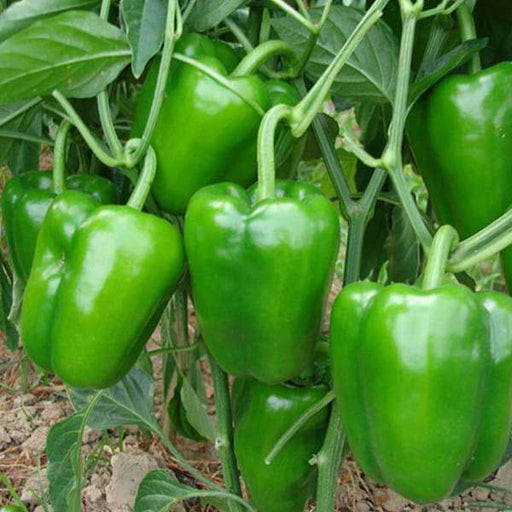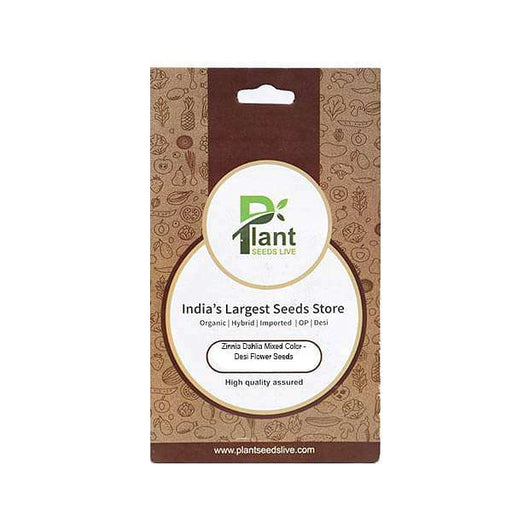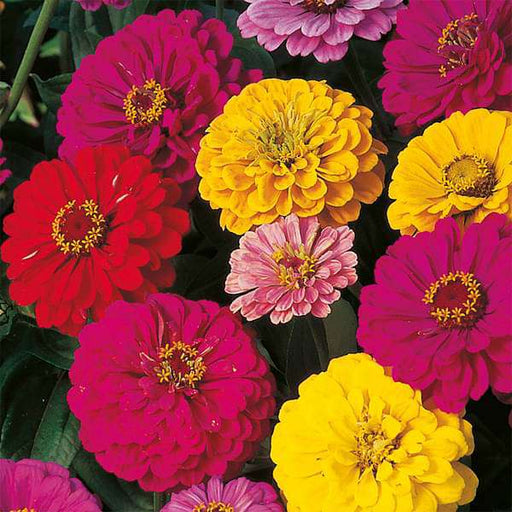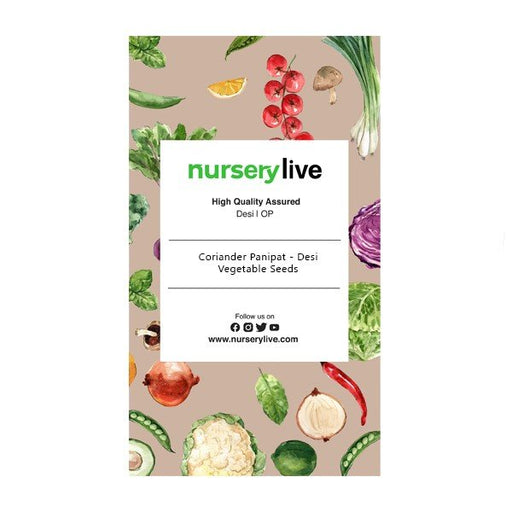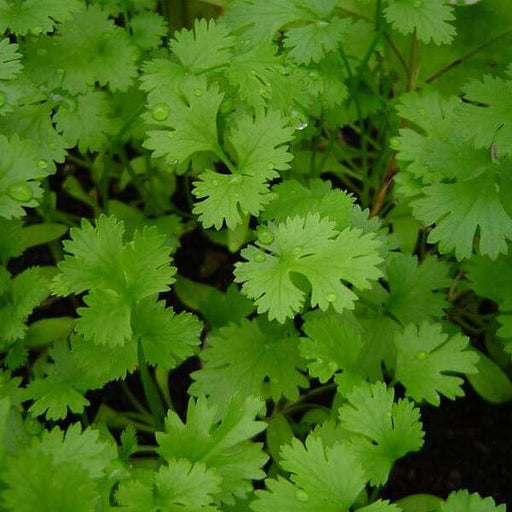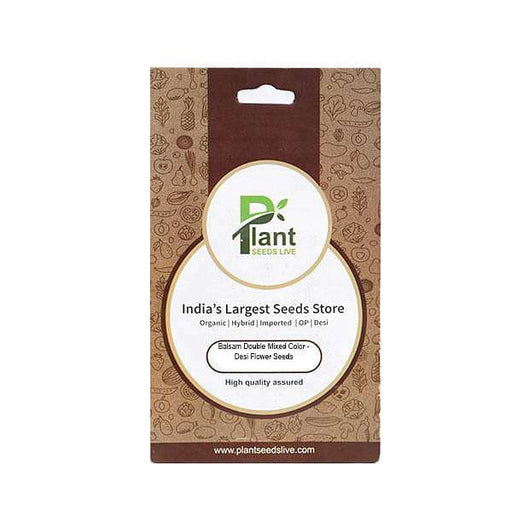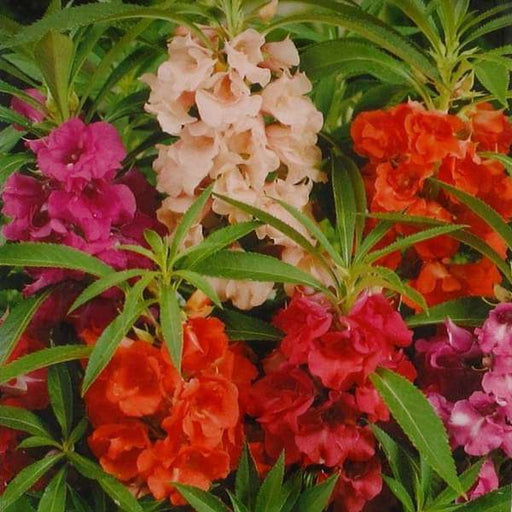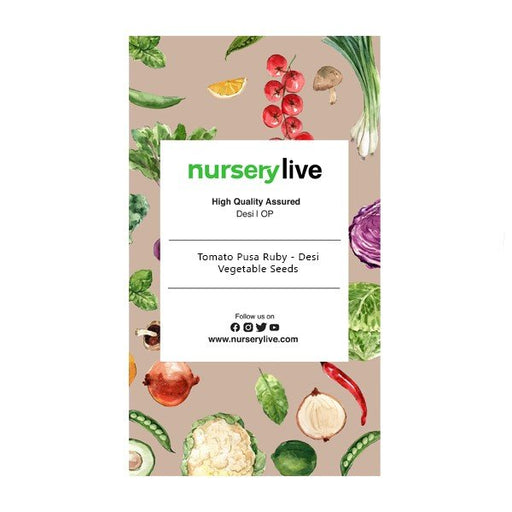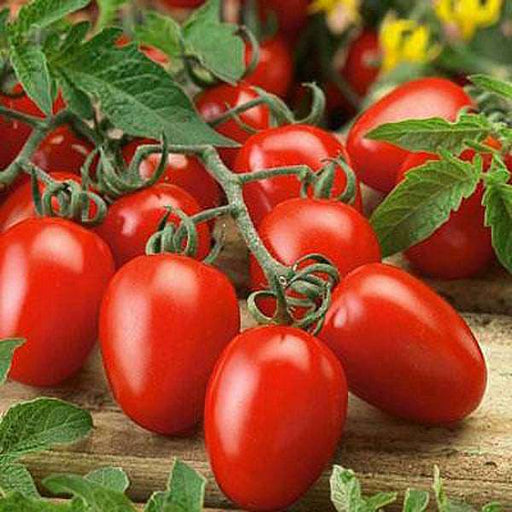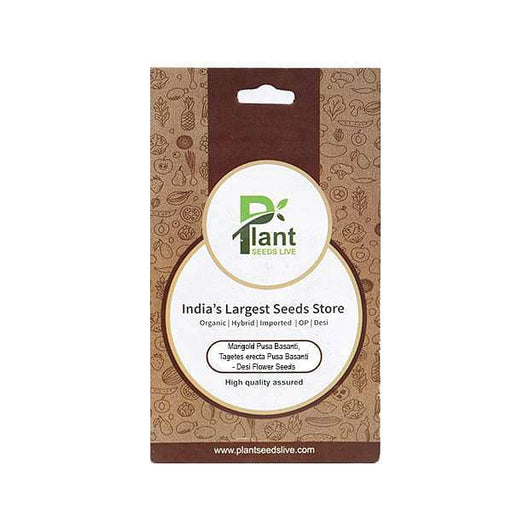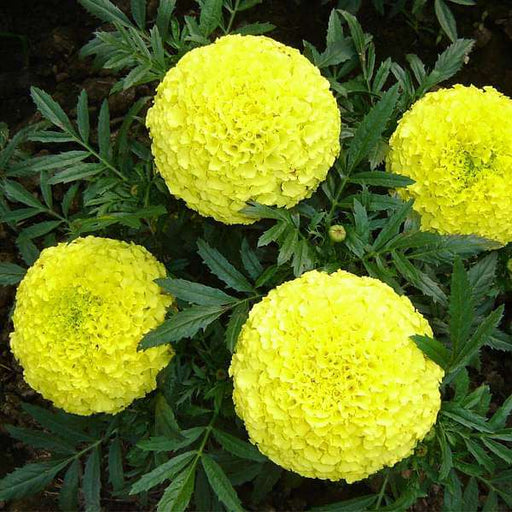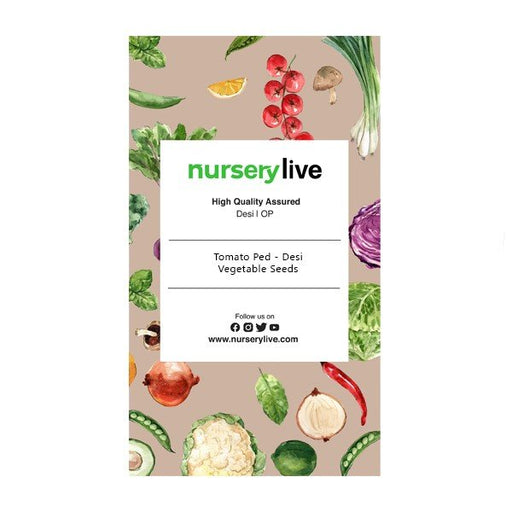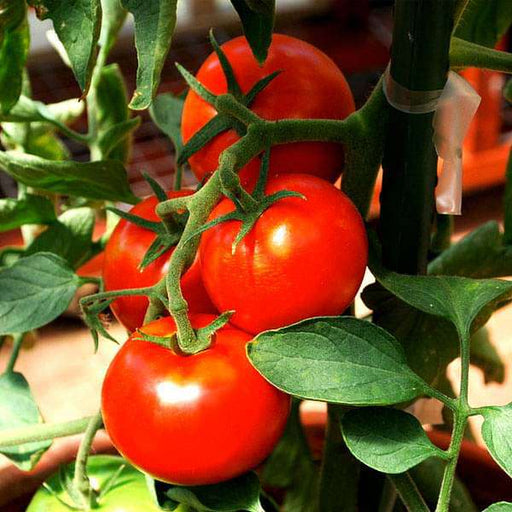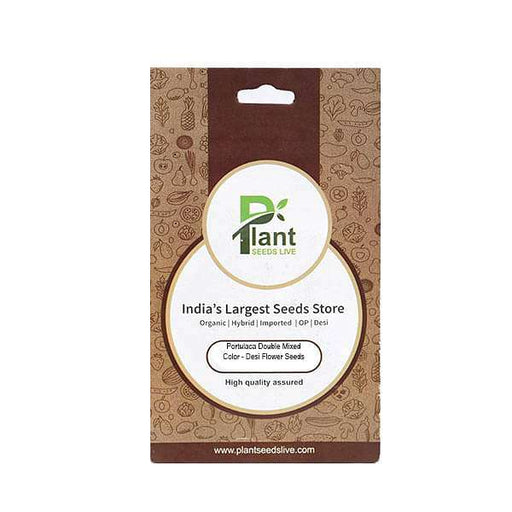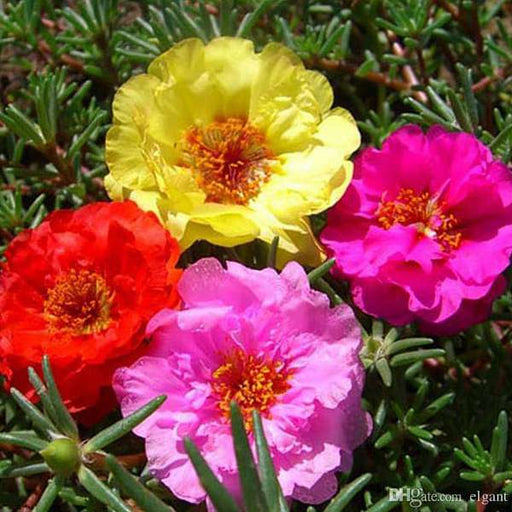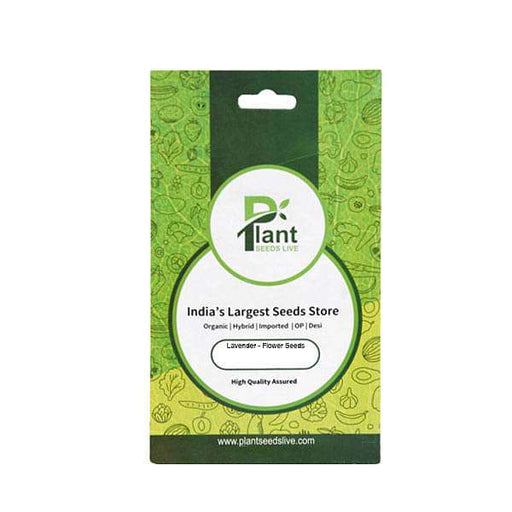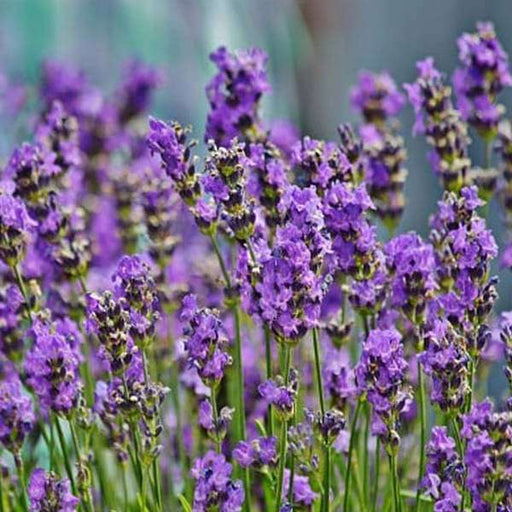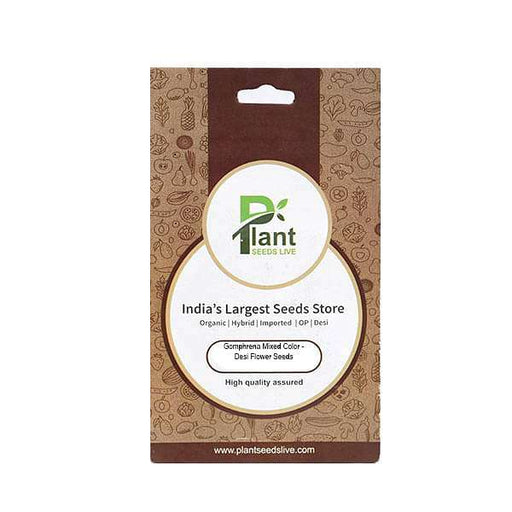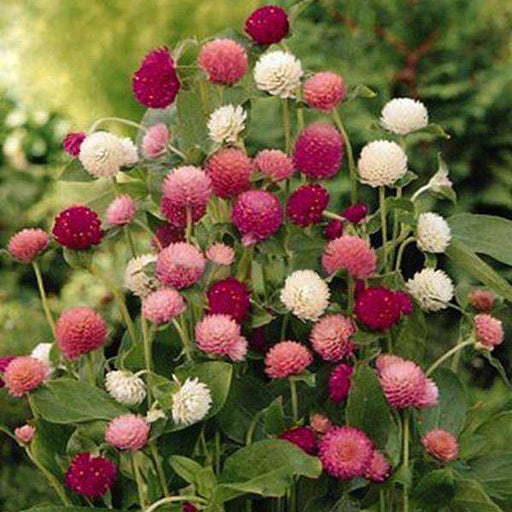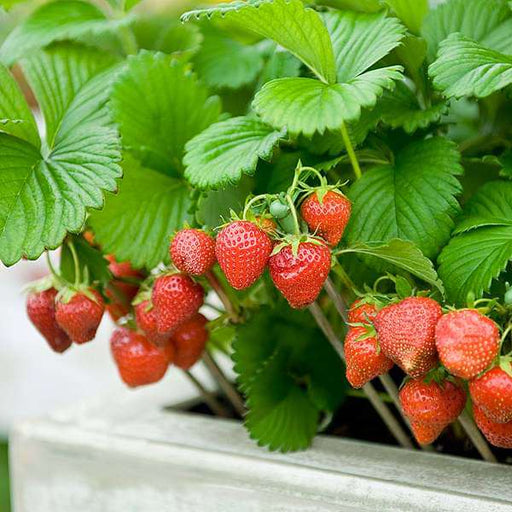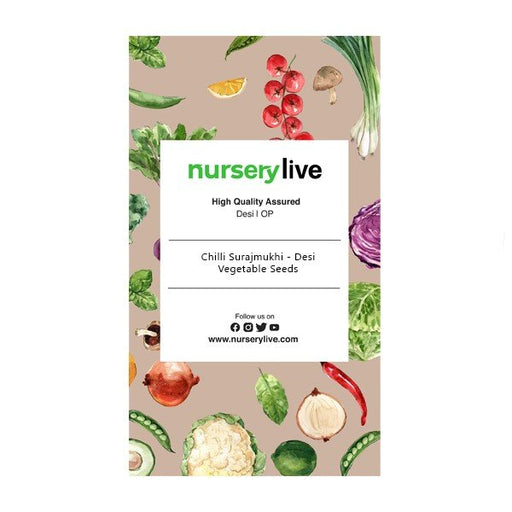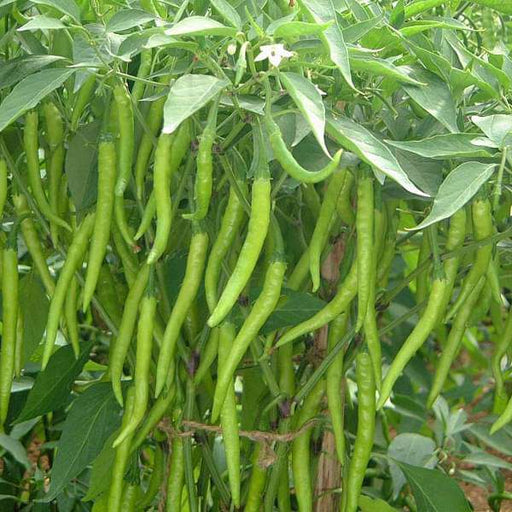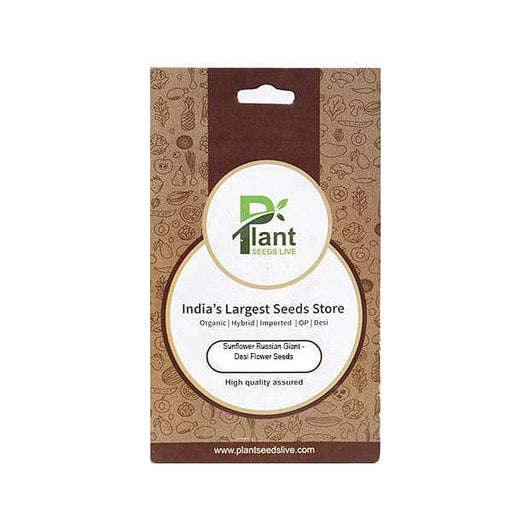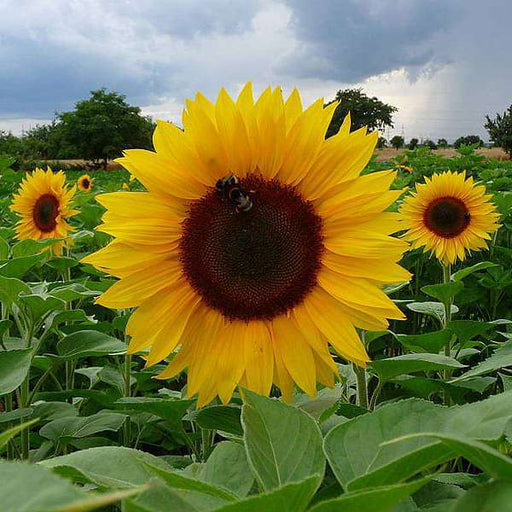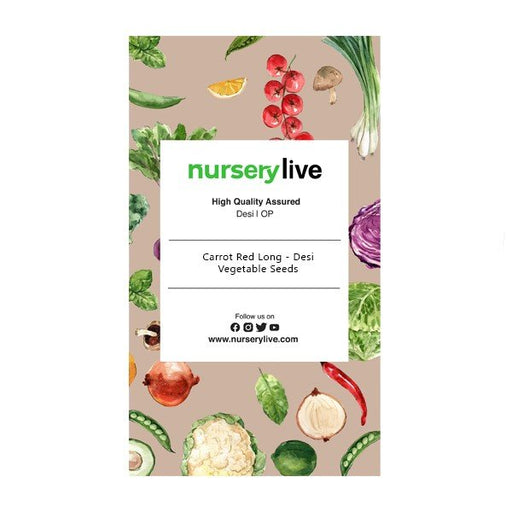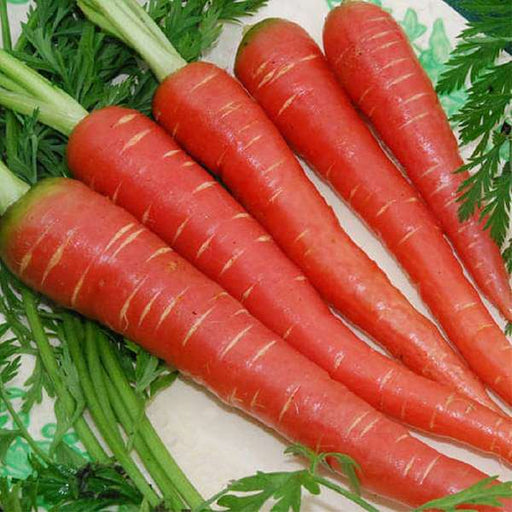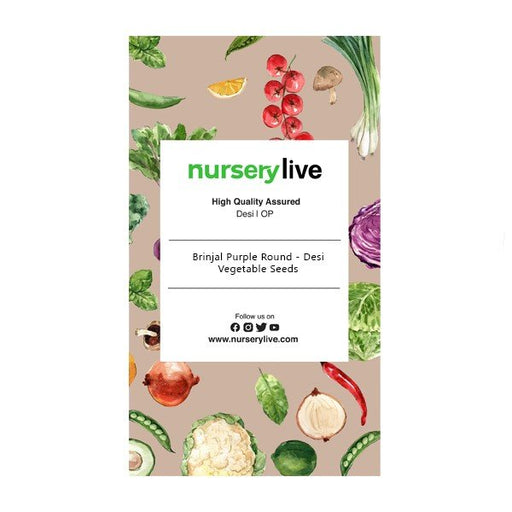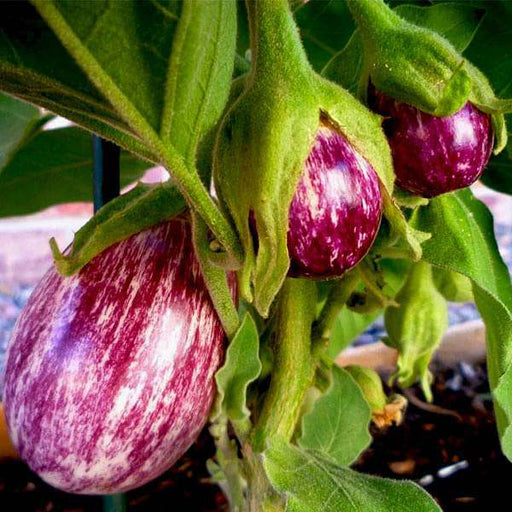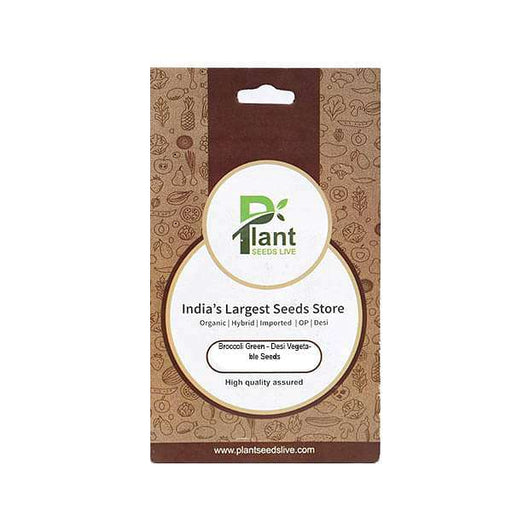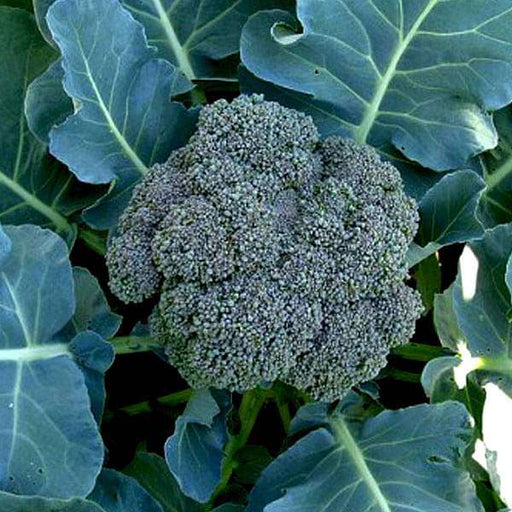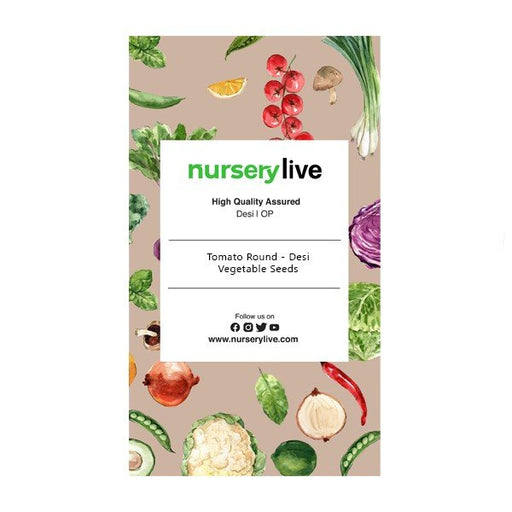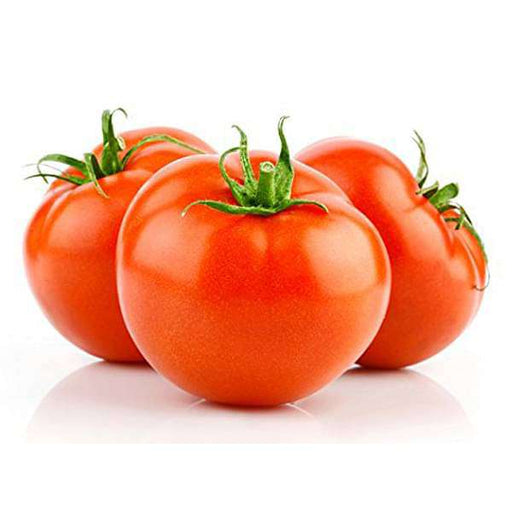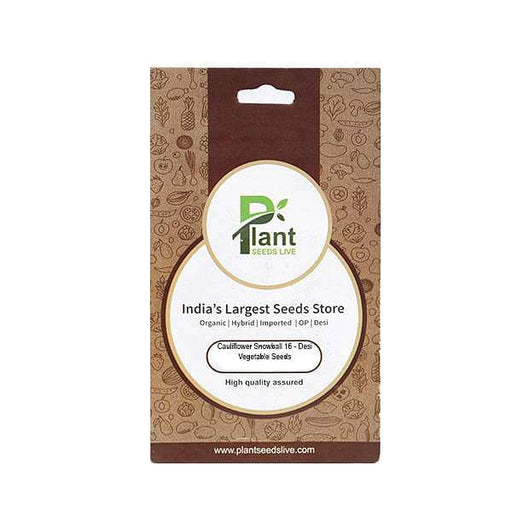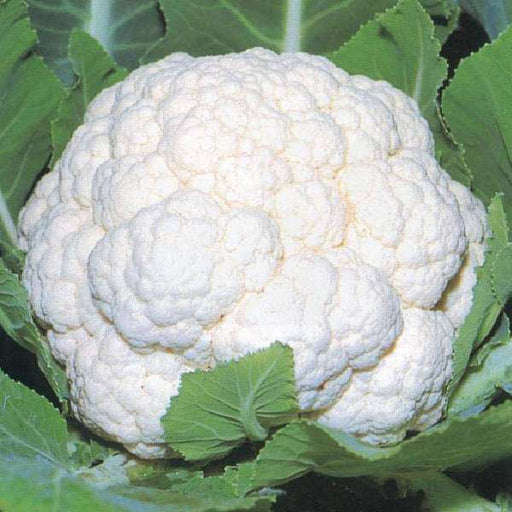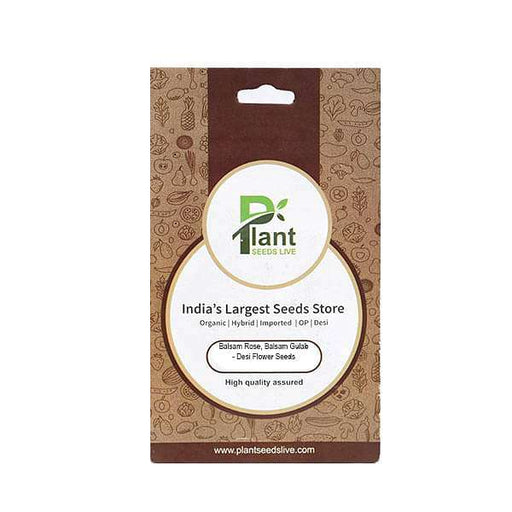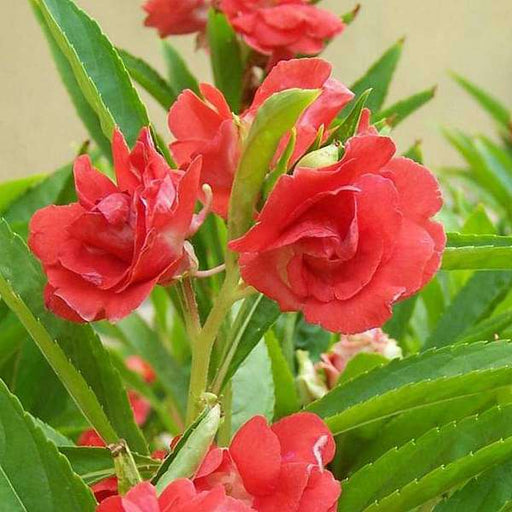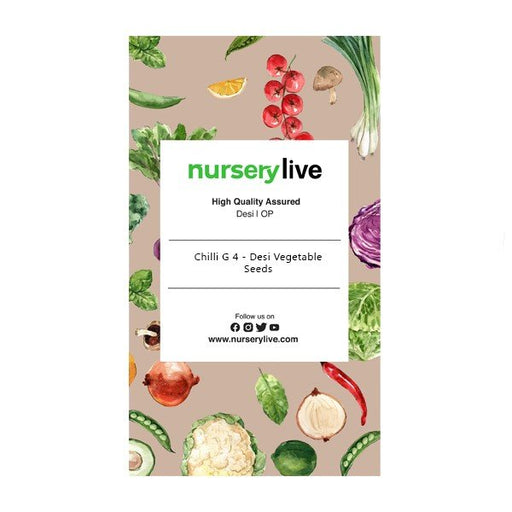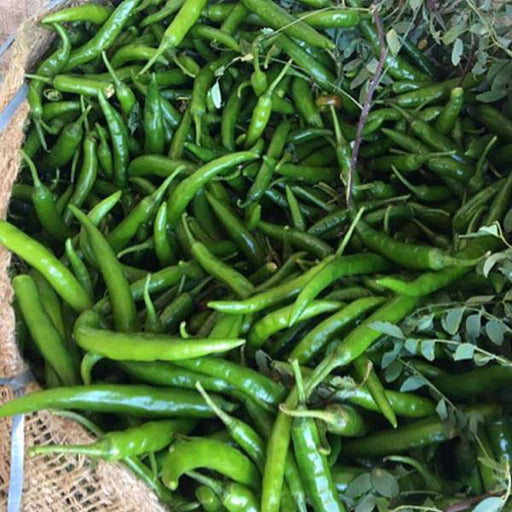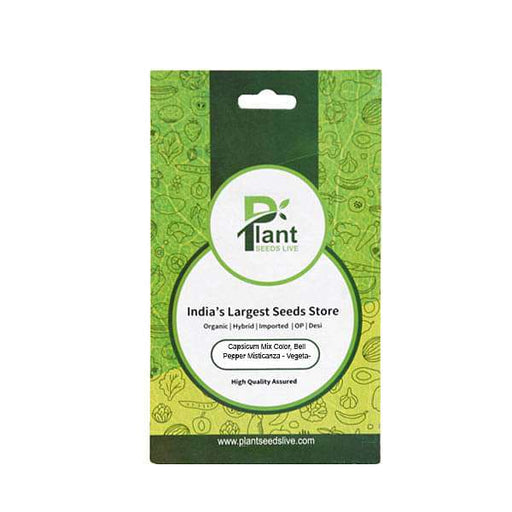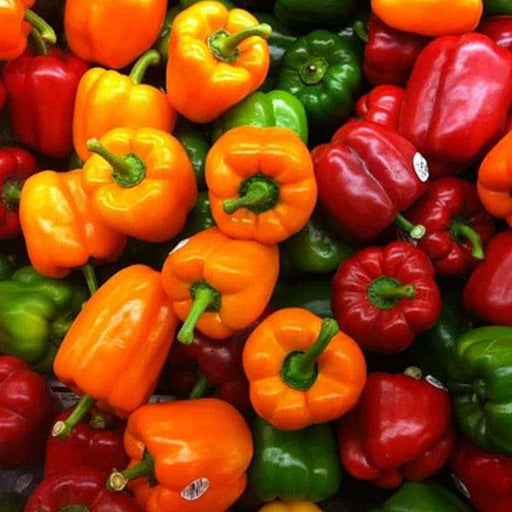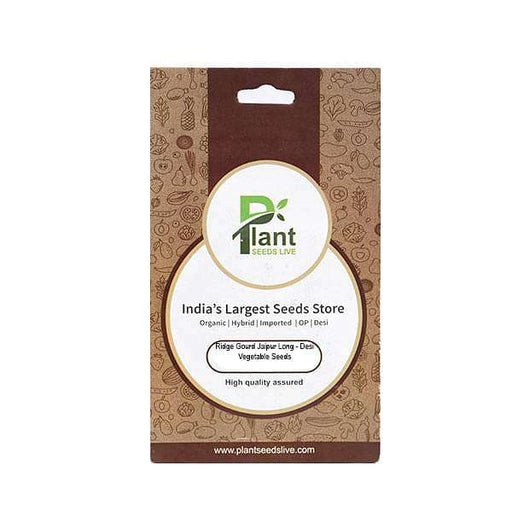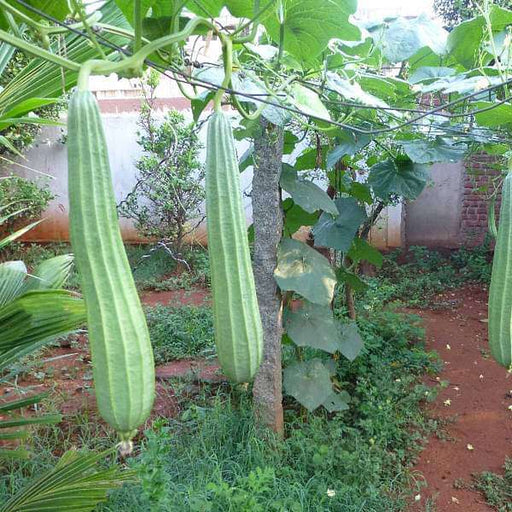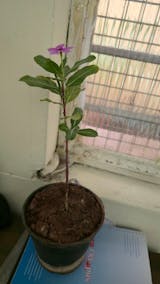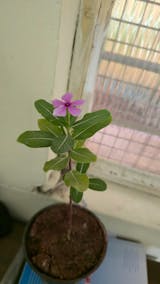Bought these seed from here. After sowing the seeds properly there is no germination yet. I used proper soil mix, even after that there is no germination. Sorry to say the quality is not good. Planted the seed again for the second time. Let see.. will update on this
The Rain Lily is a tough cookie, but it’s not invincible
Create your own little oasis with the 3 Layer Lucky Bamboo as the star of your zen garden!
Small but mighty! The Areca Palm may be petite, but it packs a punch in style.
Watering your Begonia is like a delicate dance; too much and you’ll drown it,
Even the most glamorous Hydrangea macrophylla can face a few health hiccups
If you live in a dry climate, the best plants for humidity can help you create a more balanced environment.
You show something and I got something. The plant had only 5 leaves on it and it dries off completely with in few days.
The surprise gift, was horrible gift
Who said planters have to be square? These round ceramic beauties are here to break the mold
Can be used in traditional medicine for anxiety and sleep disorders.
Ideal for home decor, offices, and as gifts for plant lovers.
I ordered a plant from Nurserylive (Order No. NLV1411827234) on 8th January 2026 after seeing the product images on their website. What I received was completely different from what was advertised. The plant delivered looks like a low-value local plant, nowhere close to the product shown online.
I paid Rs. 328, but the plant I received doesn’t seem worth more than Rs. 50. This feels misleading and disappointing.
I raised a support ticket on the same day and later shared the requested images in JPG format, clearly showing the mismatch. Despite this, there has been no response or resolution from their customer support.
I would not recommend Nurserylive based on this experience. Buyers should be cautious, as product quality and after-sales support are unreliable.
Mint isn’t just for your taste buds; it’s also a skincare superstar
Cooking with mint is like adding a dash of magic to your dishes
one of the top plants for removing toxins like formaldehyde and benzene from the air.
Syngonium (Pink) is a bit of a light snob. It craves bright, indirect sunlight but can tolerate lower light conditions


